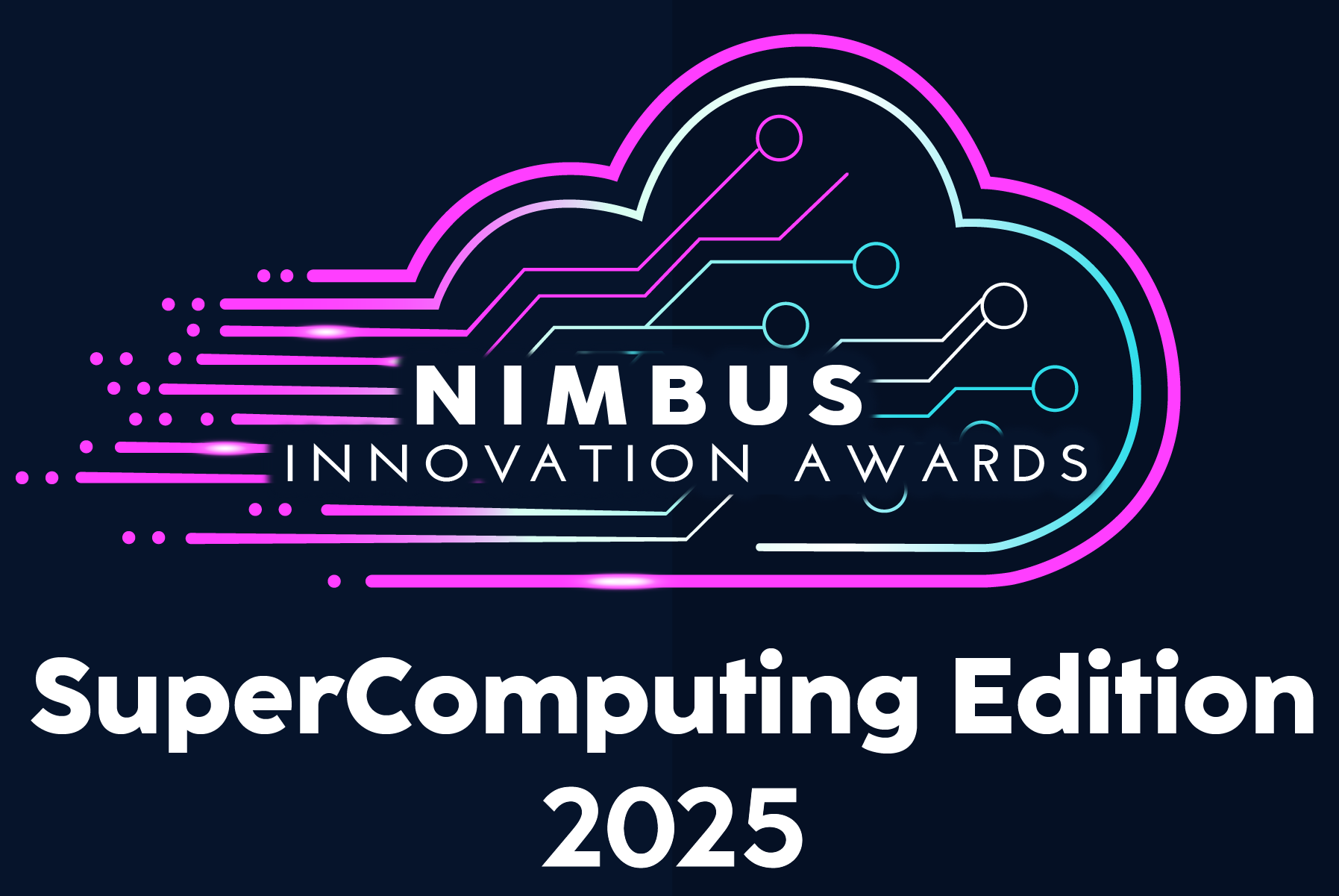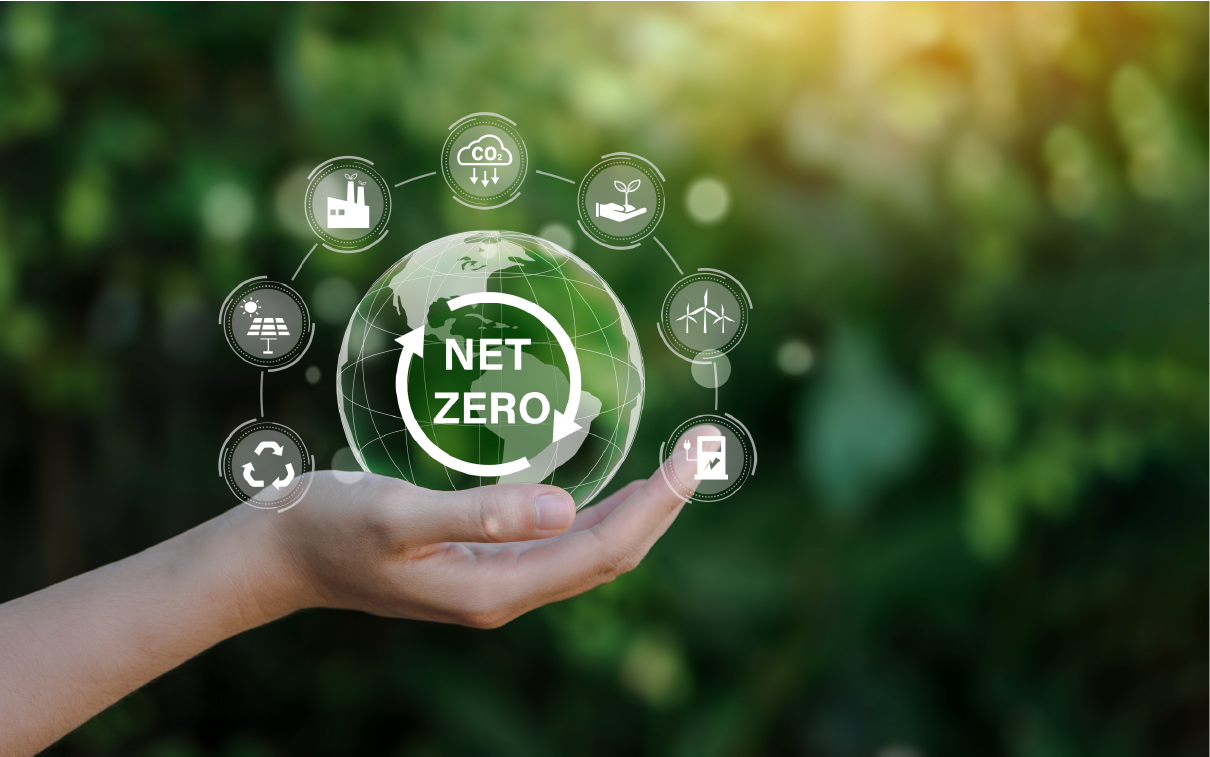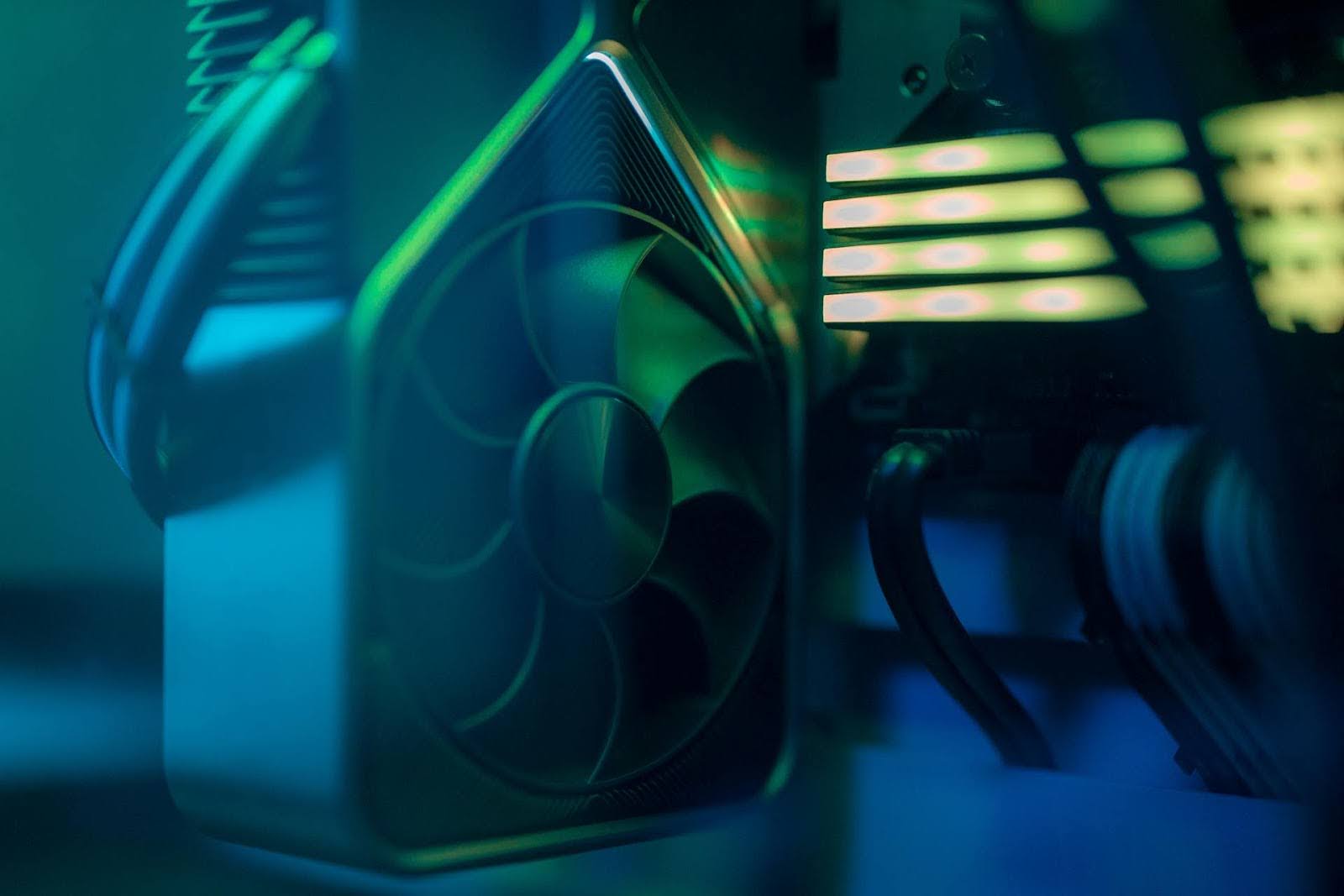2 min read
ZutaCore Wins “Best Supercomputing Cooling Innovation” at ISC 2025
It’s a wrap for the ISC High Performance 2025 Conference and Exhibition in Hamburg, Germany…..and ZutaCore® came home with the Gold! It’s HyperCool®...

Virtualization has become an increasingly popular solution for data centers due to its flexibility and scalability. By running multiple virtual machines on a single physical server, businesses can save money on hardware costs while still getting the same performance.
Additionally, it allows companies to quickly add or remove resources as needed without having to purchase additional equipment. However, virtualization also presents some unique challenges when it comes to cooling the environment in which these machines operate.
On e of the major challenges associated with cooling a virtual machine in a data center is the fact that these machines generate more heat than traditional physical servers. This can be attributed to their higher compute density and utilization, which in turn require more powerful cooling solutions to prevent overheating. Additionally, since multiple virtual machines are often running on the same physical server, the cooling efficiency of each machine must be carefully monitored to ensure optimal performance. As computer technology continues to evolve, CPUs are also becoming increasingly more powerful and require highly efficient cooling solutions. High-powered CPUs generate immense amounts of heat which can quickly cause them to malfunction or even fail if not properly cooled. As a result, air cooling is no longer an effective method for either virtual machines or these processors as it cannot dissipate the large amount of heat they produce. Instead, data centers must turn to alternative methods such as dielectric liquid cooling in order to keep their systems running at optimal temperatures while still getting the performance they need from their high powered CPUs.
e of the major challenges associated with cooling a virtual machine in a data center is the fact that these machines generate more heat than traditional physical servers. This can be attributed to their higher compute density and utilization, which in turn require more powerful cooling solutions to prevent overheating. Additionally, since multiple virtual machines are often running on the same physical server, the cooling efficiency of each machine must be carefully monitored to ensure optimal performance. As computer technology continues to evolve, CPUs are also becoming increasingly more powerful and require highly efficient cooling solutions. High-powered CPUs generate immense amounts of heat which can quickly cause them to malfunction or even fail if not properly cooled. As a result, air cooling is no longer an effective method for either virtual machines or these processors as it cannot dissipate the large amount of heat they produce. Instead, data centers must turn to alternative methods such as dielectric liquid cooling in order to keep their systems running at optimal temperatures while still getting the performance they need from their high powered CPUs.
Waterless liquid cooling uses a heat transfer fluid that is non-conductive and non-corrosive to cool the system. It is highly efficient and can be used to deliver precise and even temperature control, leading to improved system performance. The reuse of heat can provide several benefits beyond simply cooling virtual machines. By recycling the heat, data centers can reduce the amount of energy they need to use for cooling and instead put it towards other operations. This helps to reduce energy costs and reduce their overall environmental footprint. Additionally, by not having to expend energy on cooling, data centers can use resources to upgrade and expand their infrastructure. This can help them stay ahead of the competition in terms of technology, which is especially important in the rapidly changing world of virtualization.
ZutaCore delivers a direct-on-chip, waterless liquid cooling solution for data centers looking to maximize their efficiency and stay ahead of the competition when it comes to virtualization technology. It offers improved energy efficiency, increased system performance, precise temperature control, non-conductive and non-corrosive heat transfer fluid, as well as the ability to reuse heat which can reduce energy costs and help data centers upgrade or expand their infrastructure. With ZutaCore's HyperCool solution, businesses can save money on hardware costs while still getting the same performance from their virtual machines and cooling them efficiently without having to worry about overheating or other issues that might arise with traditional cooling systems.
As technology advances, data centers with compute- and data-intensive workloads face increasing pressure to reduce carbon emissions and water consumption. With the global climate crisis mounting, it is no longer enough for companies and organizations to reduce their emissions and water usage – they must take steps toward attaining zero emissions. By moving to waterless liquid cooling solutions for virtualization environments, data centers can significantly reduce their emissions while still optimizing server performance.
Learn more by downloading the eBook.

2 min read
It’s a wrap for the ISC High Performance 2025 Conference and Exhibition in Hamburg, Germany…..and ZutaCore® came home with the Gold! It’s HyperCool®...

3 min read
Sustainable heat reuse in the data industry - PFAS-free by 2026 for a greener future. At ZutaCore, we are committed to making net zero emissions a...

3 min read
As servers push the boundaries of power and processing, cooling systems must evolve to handle the heat. Traditional air cooling systems, which rely...